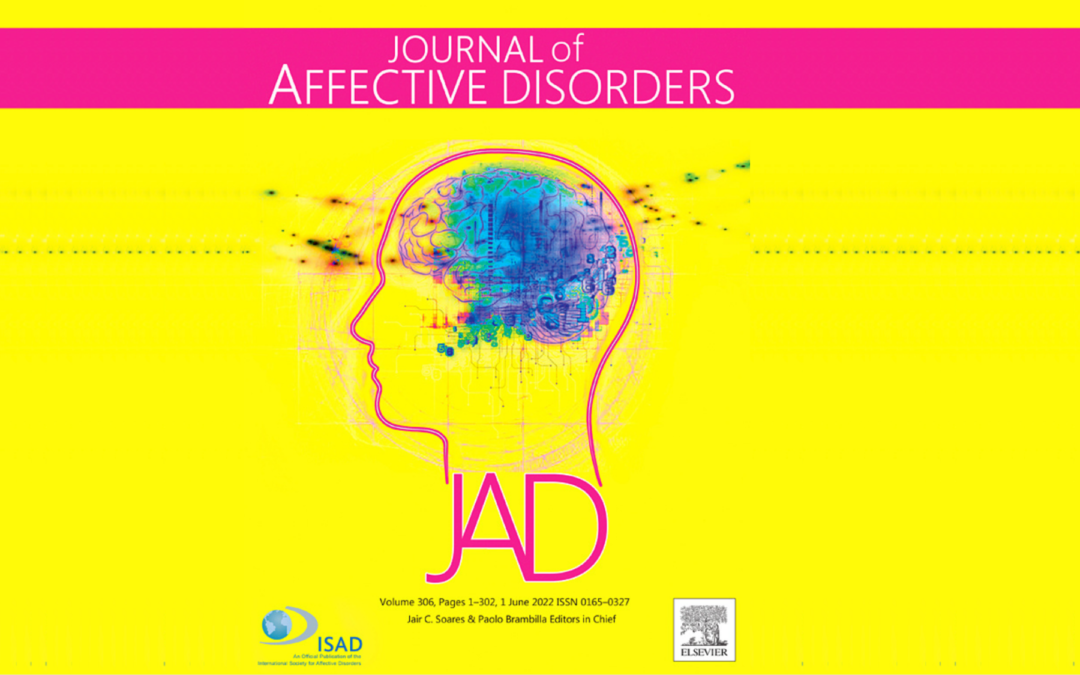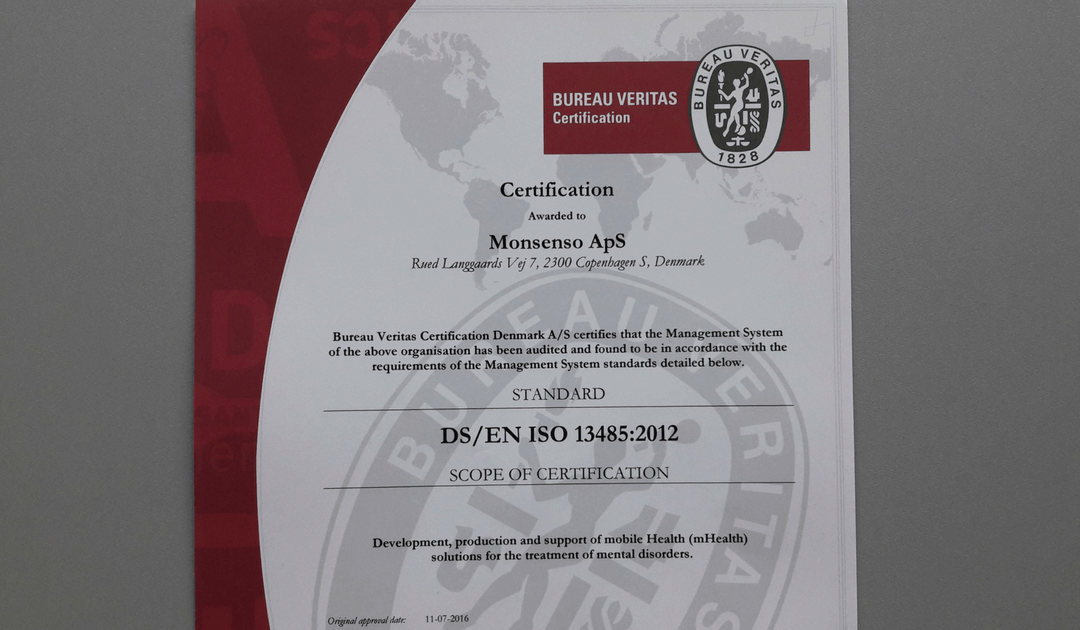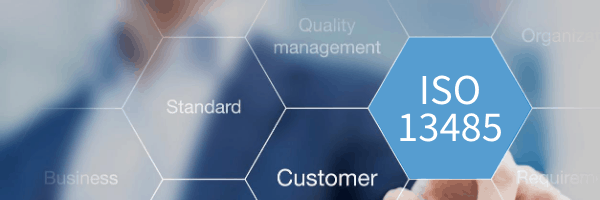
New research: Can smartphone data be a digital marker for discriminating bipolar disorder from unipolar disorder?
Unipolar disorder (UD) refers to individuals suffering from depression without experiencing mania, whereas individuals suffering from bipolar disorder (BD) usually face episodes of mania in addition to their depression [1]. Clinicians often encounter difficulties identifying whether depressed patients suffer from BD or UD. Given that the course of illness and related treatments vary for patients with BD and UD, the discrimination between these two disorders is critical [2].
A new research paper has just been published on “Differences in mobility patterns according to machine learning models in patients with bipolar disorder and patients with unipolar disorder” in the Journal of Affective Disorders [2].
This new research investigated whether using the information on activity and mobility of patients with BD and UD as supplementary objective measure could assist in the discrimination between the two conditions [2]. Data for this study has been collected as part of the RADMIS trials, two similarly composed randomized controlled trials (RCTs) that investigated the effect of daily smartphone-based monitoring including a clinical feedback loop in individuals suffering from BD and UD. The Monsenso digital health solution was used for the collection of smartphone-based patient data in the intervention group of the trials [3].
The present study included gathering both passively collected smartphone-based location data and patient-reported smartphone-based data on mood from 65 patients with BD and 75 patients with UD [2]. Smartphone-based self-assessments of mood were completed by all patients, and smartphone data on location reflecting mobility patterns, routine and location entropy (chaos) was collected passively from all patients on a continuous basis over the course of six months [2]. The data collection was followed by an extensive data analysis, comparing differences between the two groups.
Results of the study show patients suffering from BD have significantly lower mobility in, e.g., their total time of daily movement during depressive periods (eB 0.74, 95% CI 0.57; 0.97, p = 0.027). Additionally, the area under the curve (AUC) of location data was rather high in classifying patients with BD compared with patients with UD, although results of the study may be limited by relatively low symptom severity of the participating patients contributing to the dimension of the AUC [2].
The study results suggest alterations in location data may be a promising digital diagnostic marker in patients with BD and UD, and smartphone data on mobility patterns could hence help in discriminating between the two disorders.
Mads Frost, PhD, Co-Founder & Chief Information Security Officer at Monsenso, who has contributed to the research says: “The work on comparing mobility patterns between patients with bipolar disorder and patients with unipolar disorder has been highly interesting, and we look forward to further explore our data looking for potential digital diagnostic markers”.
“We are excited that Monsenso is a part of promising new research on digital diagnostic markers, and contributes to the research in and the treatment of mental health and neurological disorders”, says Thomas Lethenborg, CEO at Monsenso.
About Monsenso:
Monsenso is an innovative technology company offering a medical grade digital health solution. Our mission is to help provide better mental health to more people at lower costs. Our solution helps optimise the treatment of mental disorders and gives a detailed overview of an individual’s mental health through the collection of outcome, adherence, and behavioural data. It connects individuals, carers, and health care providers to enable personalised treatment, remote care, and early intervention. Based on continuous research and development, our team is committed to developing solutions that fit seamlessly into the lives of individuals, increase their quality of life and improve the efficacy of mental health treatment. To learn more, visit www.monsenso.com
Research publication:
You can find the research publication in the Journal of Affective disorders here.
References:
[1] Quilty, L., Pelletier, M., DeYoung, C.G. & Bagby, M. (2013). Hierarchical personality traits and the distinction between unipolar and bipolar disorders. Journal of Affective Disorders 147(1-3): 247-254. https://www.sciencedirect.com/science/article/pii/S0165032712007604#bib2
[2] Faurholt-Jepsen, M., Busk, J., Rohani D.A., Frost, M. Tønning, M.L., Bardram, J.E. & Kessing, L.V. (2022). Differences in mobility patterns according to machine learning models in patients with bipolar disorder and patients with unipolar disorder. Journal of Affective Disorders 306: 246-253. https://www.sciencedirect.com/science/article/pii/S0165032722003019?dgcid=author
[3] Faurholt-Jepsen, M., Tønning, M.L., Frost, M., Martiny, K., Tuxen, N., Rosenberg, N., Busk, J., Winther, O., Thaysen-Petersen, D., Aamund, K.A. & Tolderlund, L., Bardram, J.E. & Kessing, L.V. (2020). Reducing the rate of psychiatric re-admissions in bipolar disorder using smartphones—The RADMIS trial. Acta Psychiatrica Scandinavia, 143(5): 453-465. https://onlinelibrary.wiley.com/doi/10.1111/acps.13274





